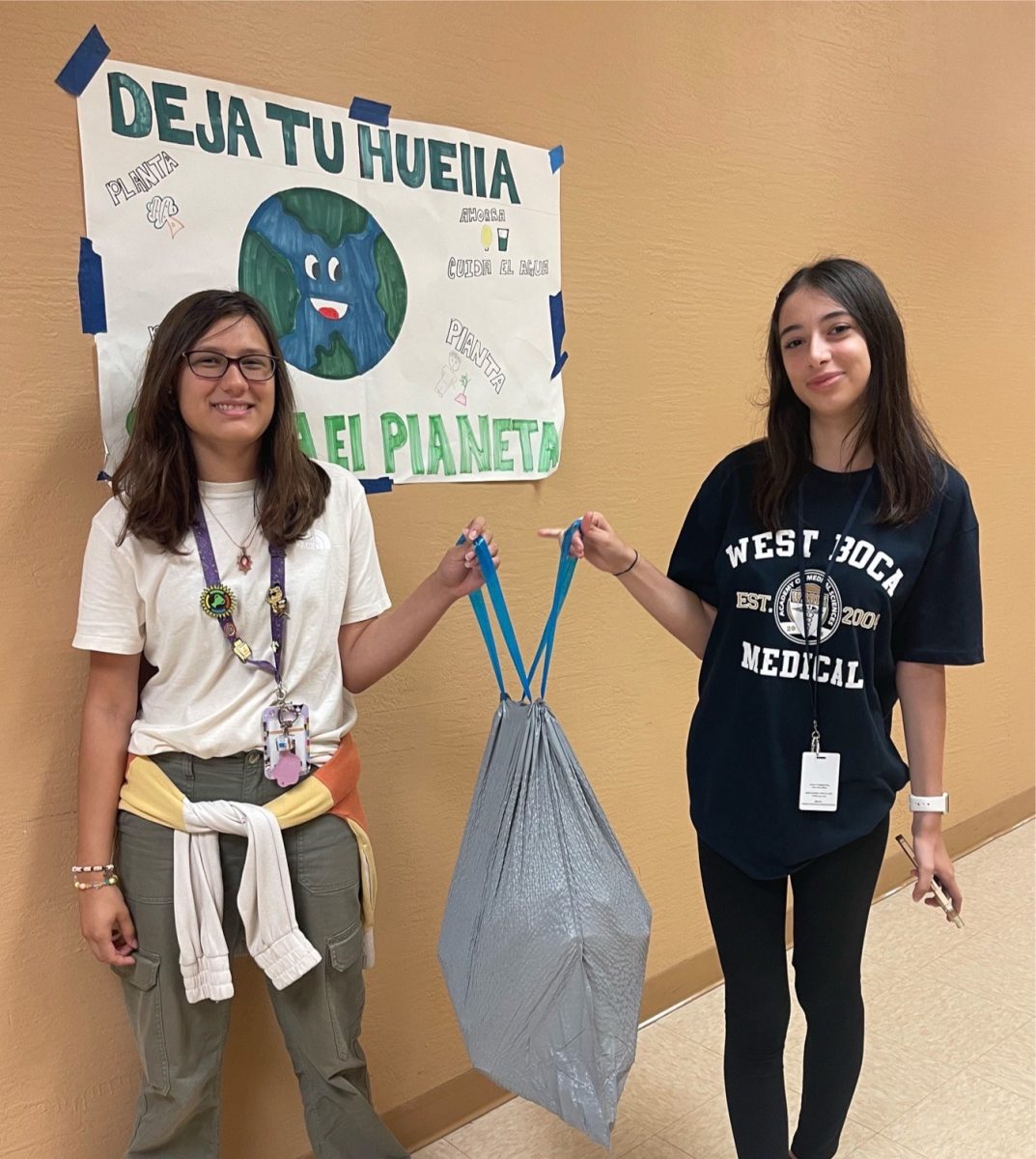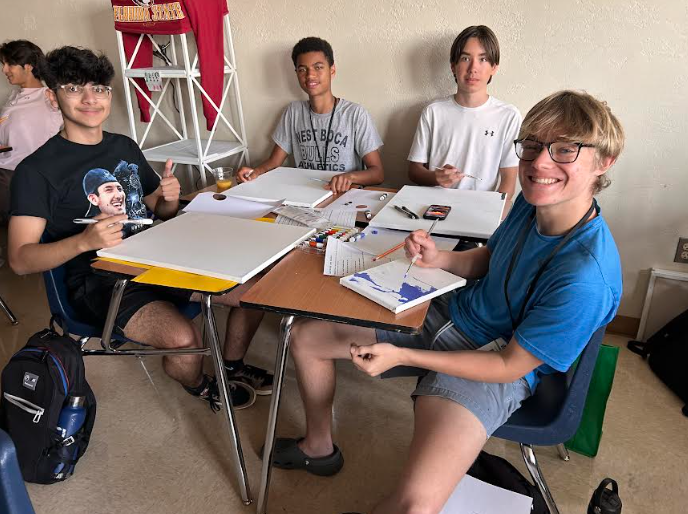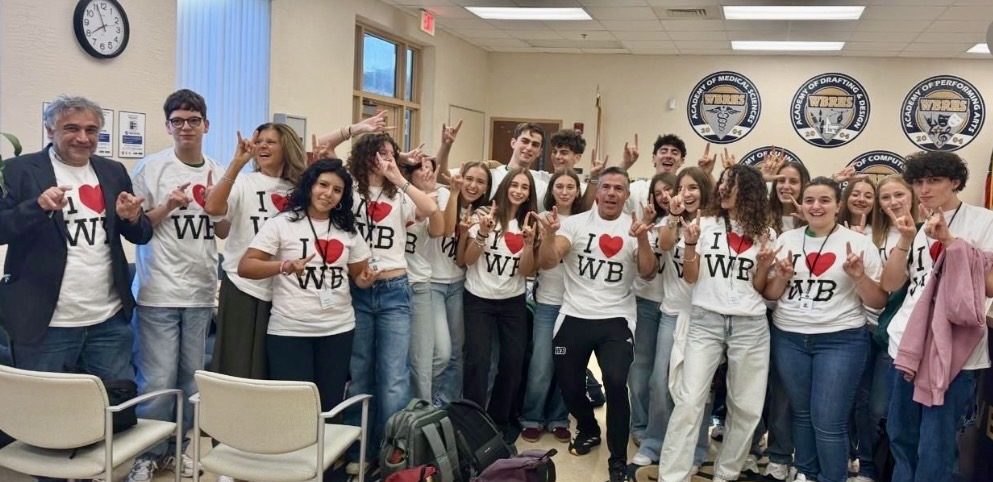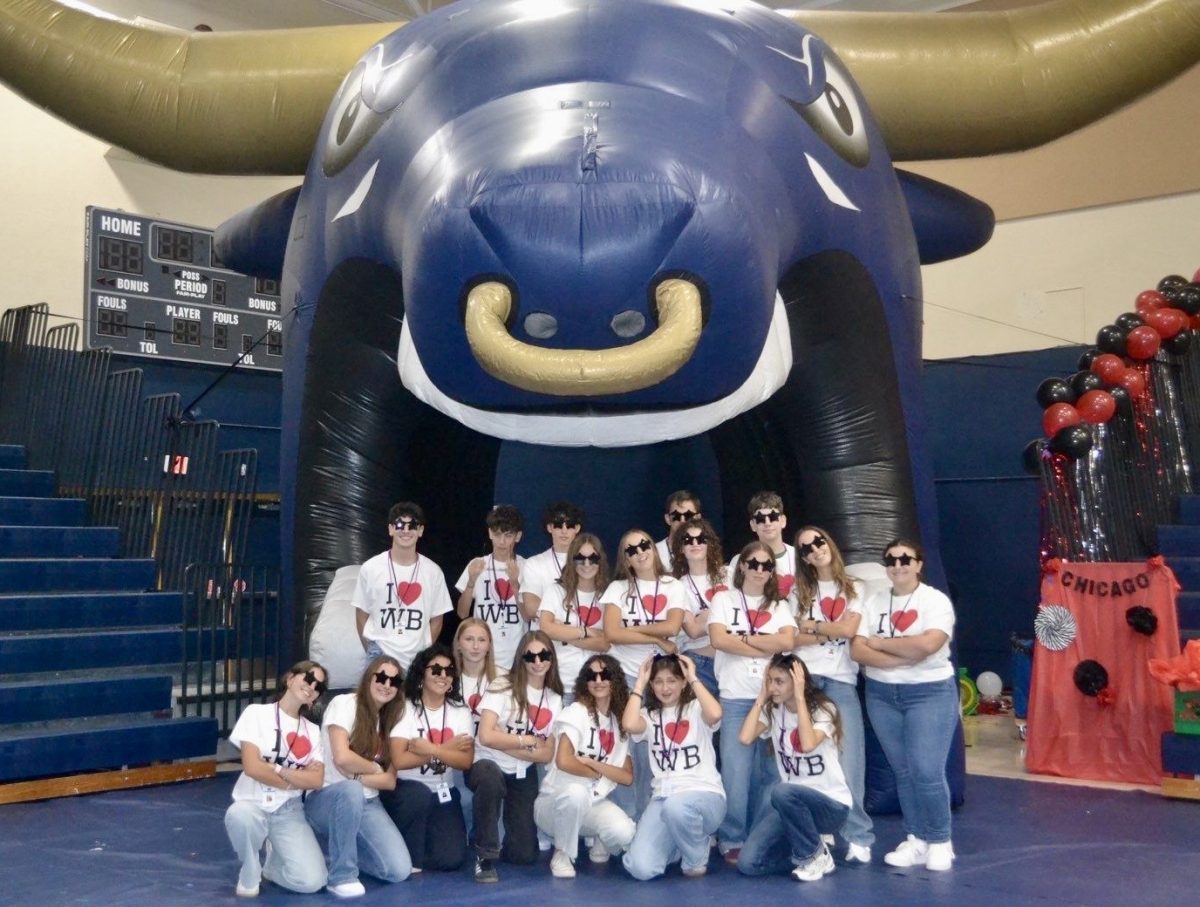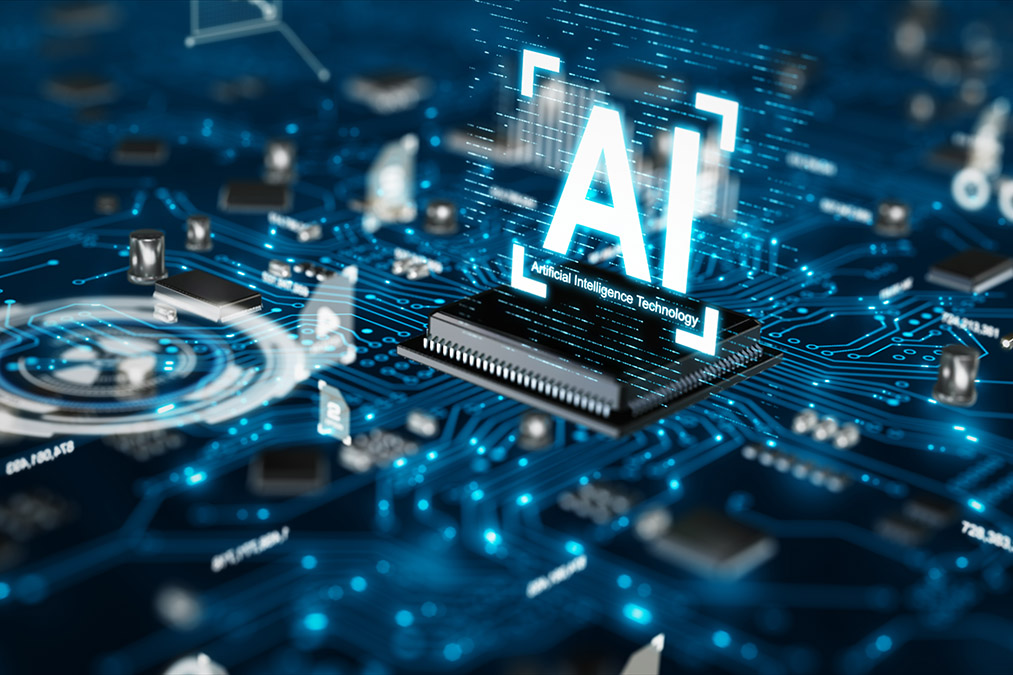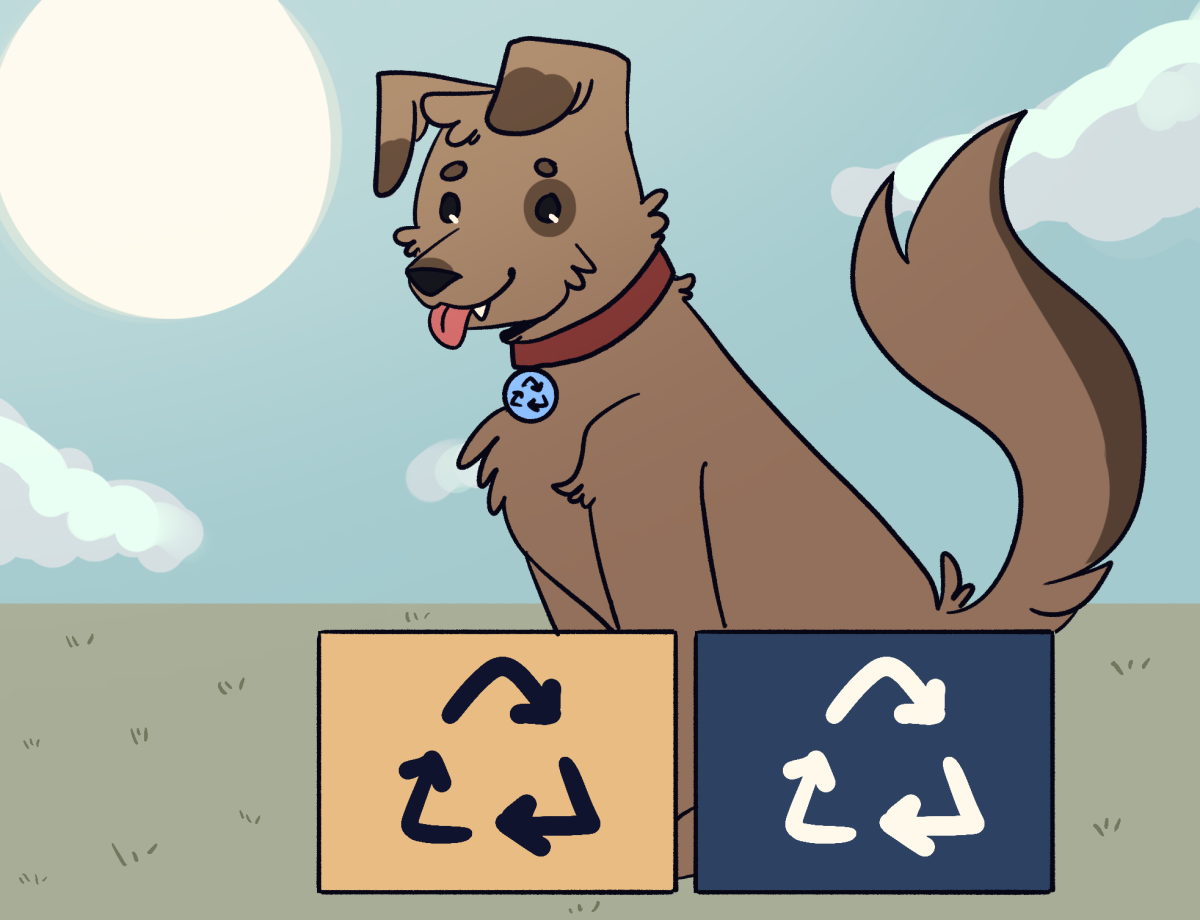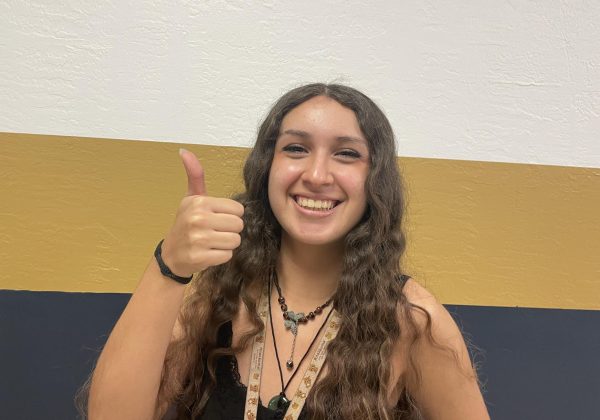“For we live in a world that is at least still recognizably human” (Rubin, 2003, 98).
What does it mean to be human? Is it our souls? Our consciousness? Or our ability to forge notions of intelligence? What makes us human? And can that humanity be created?
Artificial intelligence (AI) has been a topic of discussion since the late 1950s (when the term “artificial intelligence” was coined and came into popular use), with modern innovations like ChatGPT and Character AI making the topic of artificial intelligence as infamous as ever. Whether for help with homework or simply a distraction from daily life, chatting with artificial consciousnesses is becoming more and more normalized. This brings up the question of whether or not humans are capable of holding healthy dynamics with AI bots in the first place.
Sabine Heuser, professor in English and Cultural Studies at Philipps University in Marburg, Germany, describes artificial intelligence as “an expression of the human race’s dream to perpetuate and recreate itself without the limitations of the human body as a reproductive organ.” What holds true in society and throughout history is that people crave communication, and in modern society where disparities in global stratification are growing bigger than ever, the ease of communication via technology isn’t always as profitable as desired. With humans holding unknown intentions and data tracking on the rise, many people have turned to artificial intelligence as a source of fluid, convenient, risk-free communication. Platforms like ChatGPT are commonly used in place of typical search engines like Google to find answers to unknown questions, give “ideas,” configure essays, and entertain the user, all using information from the bot’s predetermined database. Similarly, Character AI, in particular, uses information from around the web to imaginatively materialize fictional characters and interact with users creating responses depending on the user’s prompt– simulating a real conversation. The extent to which these chat-reliant platforms have made their way into people’s lives is astounding, with the perceived creativity and ingenuity of chatbots creating more easy flowing and “human-like” experiences without the user having to actually come face to face with another person–similarly to imaginary friends a child may have. But this is where the problem comes into play.
Heuser asks the question, “The very term ‘artificial intelligence’ (Al) can be considered as an oxymoron. If intelligence is, by definition, a characteristic of rational human beings, how, then, can it be artificial, constructed, maybe even man-made?” To clarify, AI bots use information from a database — they don’t create any of the information, thus, they don’t actually “think” like humans seemingly do– they don’t have a ‘soul,’ as we’d call it. When people come face to face with a humanoid conversationalist and play into the facade of humanity without having a genuine bond built with another person, it creates a parasocial relationship in which emotional ties are created with a non-living “being.”
Since the beginning of consciousness, humanity has remained a species centered around anthropocentrism— the ethical belief that all humans alone possess intrinsic value. When seemingly living bots (that hold no consciousness and thus no value) replace the role of other people, dependency on these bots accumulates. And as much as people place their faith in these artificial consciousnesses, political science professor, philosopher and writer Charles T. Rubin illustrates how one must bring “…to question how exactly robots are going to fit into a well-lived human life.”
An answer to this question is that bots simply don’t; they don’t fit into a healthy lifestyle, and don’t compare to the real deal.
Rubin points out that “These relationships [between AI and people] could turn out badly if in some manner these artificially intelligent machines end up disappointing their dependent human users for some eventually revealed lack of humanity. Or they will turn out badly if the machine never disappoints because it is just good enough, because our expectations for our relationships have been reduced and narrowed just enough that the very satisfaction gained from the machine relationship forecloths any desire for the complex possibilities of human relationships.” Basically, we either end up dissatisfied with the lack of emotion in bots, or worse, we lose ourselves in the amusement of humanoid robots to the point that we disregard and eventually depreciate the value of human souls as a whole.
In the end, as much as these AI chatbots are entertaining in their own respect, evidence makes it clear that there is no meaningful role of artificial intelligence in society –regardless of how amusing they may be– for the time being. Instead of depending on the fake empathy of a program composed of zeroes and ones, go out and meet people, build real relationships, and consider the soul behind the person you see in front of you. After all, there’s a reason we grow out of imaginary friendships right?

